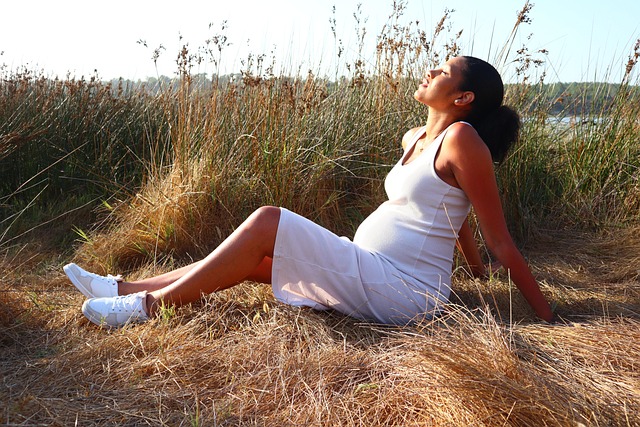If you’re grappling with infertility, navigating single parenthood, or in a same-sex relationship, the dream of becoming a parent can feel overwhelming. You might be considering adoption or donor assistance as pathways to parenthood. The good news is that both options offer the unique joys and challenges that come with raising a child.
Many prospective parents tend to concentrate on immediate concerns like timing and costs, often overlooking how these choices will shape their family in the long run. It’s common to hear, “I can’t think that far ahead; we’ve faced so many setbacks,” or “I’ll handle things as they come.” However, even if becoming a parent seems like a distant goal, taking time to consider the long-term implications is crucial. Both adoption and donor assistance are not just about you; they’re about creating a family, with a child at the center. Understanding how your choices will unfold over time is essential for informed decision-making.
Coming to Terms with Loss
Dealing with feelings surrounding infertility, or navigating single parenthood, is essential for making the best choices for yourself now, which will, in turn, affect how you support your child in the future. Infertility can be a traumatic experience, clouding judgment and hindering the ability to make empowered choices. If you don’t allow yourself to grieve the loss of the biological child you envisioned, it may become difficult to feel confident and capable as a parent, especially if you are single and feeling lost.
Why is it so vital to address these feelings? While both adoption and donor assistance can provide solutions to childlessness, they don’t cure infertility. Mourning the loss of the biological child you anticipated helps you fully embrace the child you may have in the future.
The Complexity of Relationships
Donor assistance offers a chance for one parent to have a genetic connection to the child, which can reduce uncertainties regarding the child’s background and allows for greater control over the prenatal experience. However, this can create an imbalance in the relationships within the family. The non-genetic parent might feel excluded, while the genetic parent may struggle with feelings of entitlement. In cases of female infertility, experiencing pregnancy and childbirth can help balance the dynamic, but if these feelings are not addressed, they can lead to long-term issues.
On the other hand, adoption creates a level playing field, as neither parent has a genetic tie to the child. This can foster positive family dynamics, but it also means that the fertile parent may grapple with the loss of having a genetically related child, which can create tension in the relationship.
Understanding Adoption and Assisted Reproduction
As you weigh your options, it’s important to recognize that adoption and donor assistance are at different stages of development and carry distinct histories. Adoption is a well-established practice, steeped in policy and societal norms, while assisted reproduction is relatively new and often shrouded in privacy. This difference can influence how individuals approach each option.
Adoption has evolved significantly over the last few decades, with voices of adopted individuals and birth parents influencing practice and policy. It’s increasingly recognized as a lifelong process rather than a one-time event, leading to calls for greater openness and access to information for all parties involved.
In contrast, assisted reproduction has a shorter history and has yet to develop the same level of public dialogue. Although the use of donor sperm began in the late 19th century, donor egg technology is only about two decades old. However, discussions around donor assistance are becoming more common, particularly as single women and same-sex couples openly discuss their choices. This growing awareness is echoed in the voices of those conceived through donor gametes, advocating for the child’s interests to be prioritized.
Ethical Considerations
Both adoption and assisted reproduction present ethical dilemmas that prospective parents must navigate. These uncertainties can lead to difficult choices, but being informed about the implications of your decisions will help you along your journey toward parenthood. If you’d like to explore more about the emotional support needed during this time, check out this insightful post on understanding the necessity for support here. For practical solutions, the Cryobaby Home Intracervical Insemination Syringe Kit is a great resource for those considering home insemination. Plus, for a deeper understanding of procedures like IUI, this Healthline article provides excellent information.
Summary
In summary, navigating the paths to parenthood through adoption or donor assistance involves weighing immediate concerns against long-term implications. Acknowledging and processing feelings around infertility is crucial for empowering decision-making, and understanding the ethical dimensions of each option will help prospective parents create a loving family environment. The journeys of adoption and assisted reproduction may differ, but both ultimately lead to the joy of parenthood.

